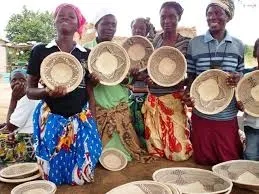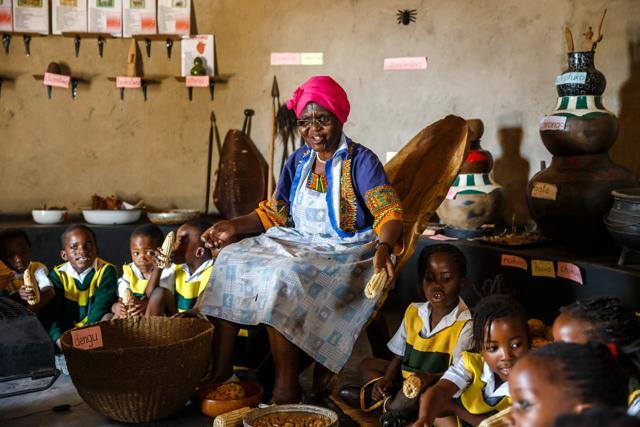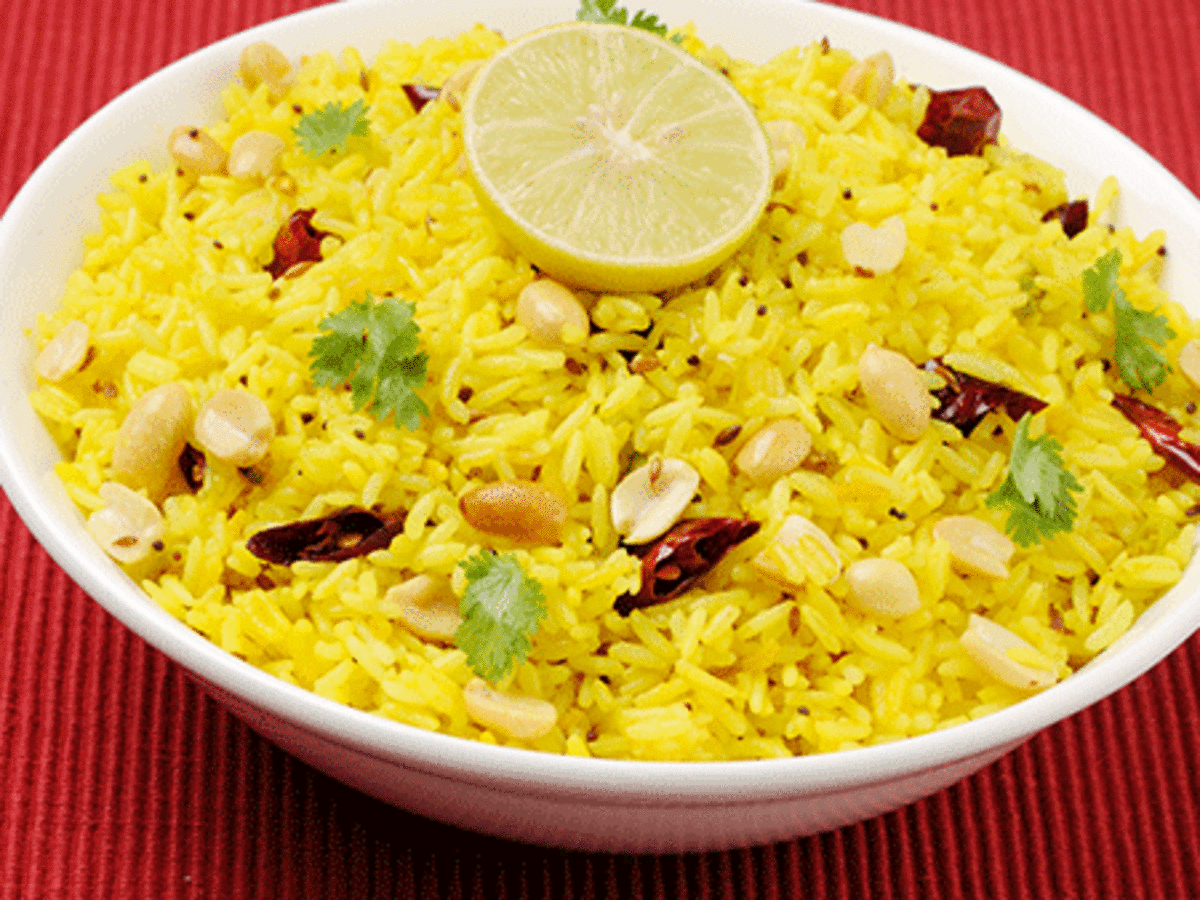Zimbabwe is a country rich in culture and tradition...!!!
Zimbabwe's culture and lifestyles are a blend of traditional customs and contemporary influences. The country's ethnic diversity, vibrant arts, and strong community ties contribute to its unique cultural identity. From urban centers to rural villages, Zimbabweans embrace their heritage while adapting to modern realities. By preserving their traditions and values, they continue to build a resilient and dynamic society.

Zimbabwe is a country rich in culture and tradition, with a diverse and vibrant lifestyle that mirrors its history, beliefs, and values. The way of life in Zimbabwe varies significantly from urban centers to rural villages, influenced by geography, ethnicity, and socio-economic status.
Traditional Culture and Heritage
1. Ethnic Diversity
Zimbabwe is home to various ethnic groups, with the Shona and Ndebele being the largest. Each ethnic group has unique customs, languages, and traditions. The Shona people are known for their stone sculptures and mbira music, while the Ndebele are famous for their intricate beadwork and colorful murals.
2. Language
Zimbabwe has 16 official languages, showcasing its cultural diversity. The most widely spoken languages are Shona, Ndebele, and English. Shona and Ndebele are used in everyday communication, while English is the language of education, government, and business.
3. Music and Dance
Music and dance are integral to Zimbabwean culture. Traditional music often features instruments like the mbira (thumb piano), hosho (rattles), and marimba (xylophone). Songs and dances celebrate various occasions, including weddings, harvest festivals, and religious ceremonies. The mbira, in particular, holds spiritual significance and is used in rituals to communicate with ancestors.
4. Art and Craft
Zimbabweans are renowned for their artistic talent, especially in sculpture and beadwork. The Shona people are famous for their stone sculptures, depicting human and animal figures, sold worldwide. Ndebele art is characterized by vibrant geometric patterns painted on houses and intricate beadwork used in traditional attire.
Contemporary Lifestyle
1. Urban vs. Rural Life
Life in Zimbabwe varies greatly between urban and rural areas. In urban centers like Harare and Bulawayo, people enjoy modern amenities such as shopping malls, restaurants, and entertainment venues. Urban dwellers often work in offices, factories, or run businesses.
In contrast, rural life is more traditional and community-oriented. Agriculture is the primary livelihood, with families growing crops like maize, sorghum, and vegetables. Livestock farming is also common. Rural communities often rely on communal land, and traditional practices and rituals play a significant role in daily life.
2. Education
Education is highly valued in Zimbabwe, with a literacy rate of over 85%. The education system is divided into primary, secondary, and tertiary levels. While urban areas have better access to schools and educational resources, rural areas often face challenges such as inadequate infrastructure and teacher shortages. Despite these challenges, many Zimbabweans prioritize education as a means to improve their socio-economic status.
3. Religion
Religion is an essential aspect of Zimbabwean life, with Christianity being the dominant faith. Many Zimbabweans belong to various Christian denominations, including Roman Catholic, Anglican, and Pentecostal churches. Traditional African religions also play a significant role, especially in rural areas. These religions often involve ancestor worship, rituals, and ceremonies to seek guidance and protection from ancestors.

Social Customs and Traditions
1. Marriage and Family
Marriage and family are central to Zimbabwean society. Marriages are often elaborate events that involve traditional ceremonies, including lobola (bride price) negotiations. Lobola is a customary practice where the groom's family presents gifts, usually cattle or money, to the bride's family as a token of appreciation.
Extended families are common, and it is not unusual for several generations to live together. Family members support each other in various aspects of life, including child-rearing, agriculture, and business.
2. Festivals and Celebrations
Zimbabweans celebrate various festivals and public holidays reflecting their cultural and religious heritage. Some notable celebrations include:
-
Independence Day (April 18): Marks the anniversary of Zimbabwe's independence from British colonial rule in 1980.
-
Christmas: Celebrated by many Zimbabweans with church services, family gatherings, and feasts.
-
Heroes' Day (Second Monday in August): Honors the country's liberation war heroes.
-
Traditional Festivals: Various ethnic groups celebrate harvest festivals, initiation ceremonies, and other cultural events with music, dance, and feasting.
3. Cuisine
Zimbabwean cuisine is diverse and flavorful, with staple foods including sadza (a thick maize porridge), rice, and bread. Sadza is often served with vegetables, meat, or fish. Popular dishes include:
-
Sadza and Nyama: Sadza served with meat stew.
-
Muriwo: Leafy green vegetables, often cooked with peanut butter.
-
Bota: A porridge made from maize meal, often eaten for breakfast.
-
Matemba: Small dried fish, usually served with sadza.
Traditional beverages include mahewu (a fermented maize drink) and various herbal teas.
Economic Activities
1. Agriculture
Agriculture is the backbone of Zimbabwe's economy, employing a significant portion of the population. Key crops include maize, tobacco, cotton, and horticultural products. Livestock farming, including cattle, goats, and poultry, is also an essential part of rural livelihoods.
2. Mining
Mining is another crucial sector, with Zimbabwe being rich in minerals such as gold, platinum, diamonds, and coal. The mining industry contributes significantly to the country's GDP and provides employment opportunities.
3. Tourism
Tourism is an important industry, attracting visitors to Zimbabwe's natural wonders and cultural heritage sites. Major tourist attractions include Victoria Falls, Hwange National Park, and Great Zimbabwe, an ancient city that is a UNESCO World Heritage site.
Challenges and Resilience
While Zimbabweans take pride in their rich culture and traditions, they face various challenges, including economic instability, political uncertainty, and social issues. Despite these obstacles, the people of Zimbabwe exhibit remarkable resilience and adaptability. Community support, traditional values, and a strong sense of identity help Zimbabweans navigate these challenges and maintain their cultural heritage.
Zimbabwe's culture and lifestyles are a blend of traditional customs and contemporary influences. The country's ethnic diversity, vibrant arts, and strong community ties contribute to its unique cultural identity. From urban centers to rural villages, Zimbabweans embrace their heritage while adapting to modern realities. By preserving their traditions and values, they continue to build a resilient and dynamic society.
What's Your Reaction?

















